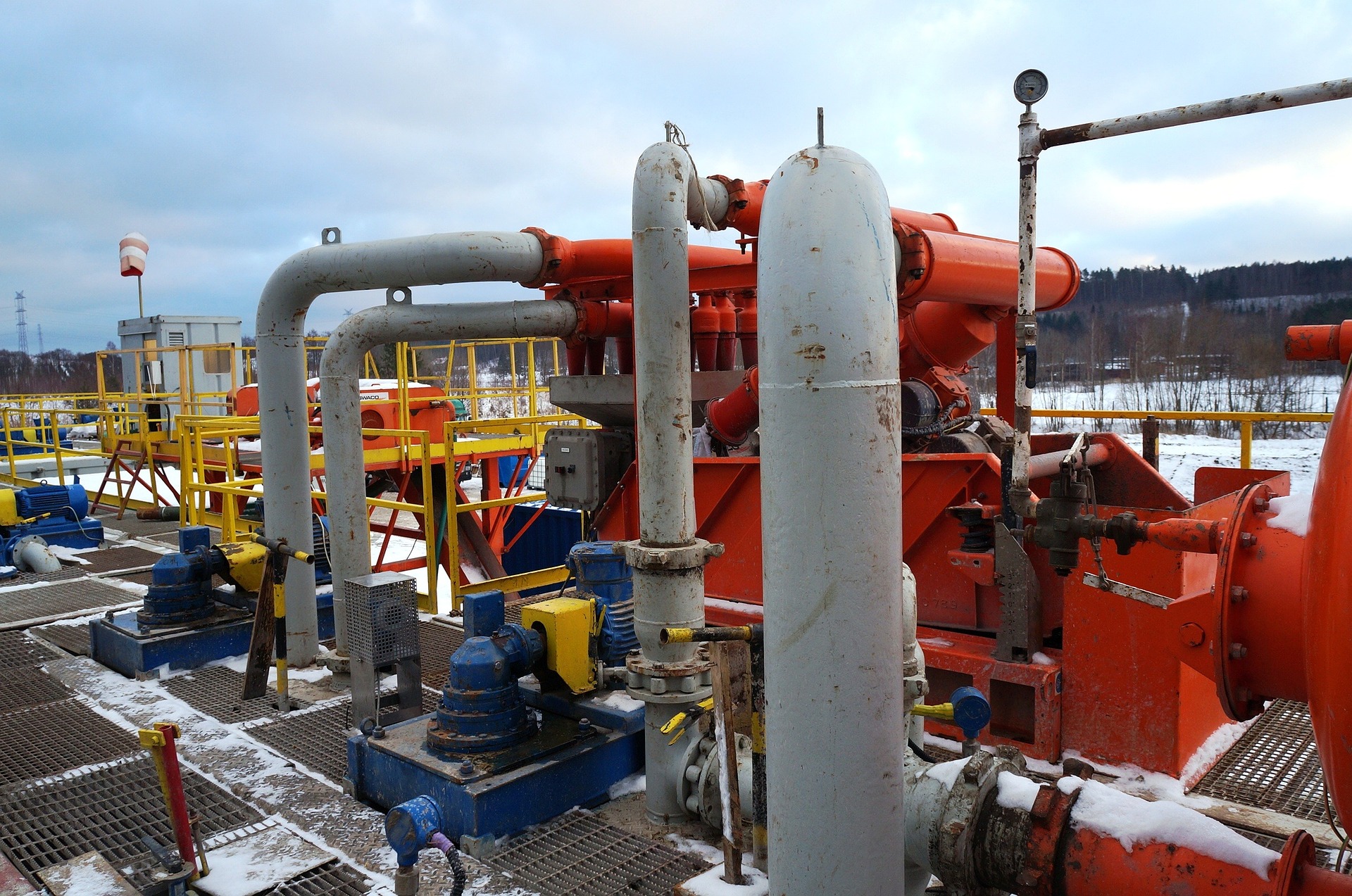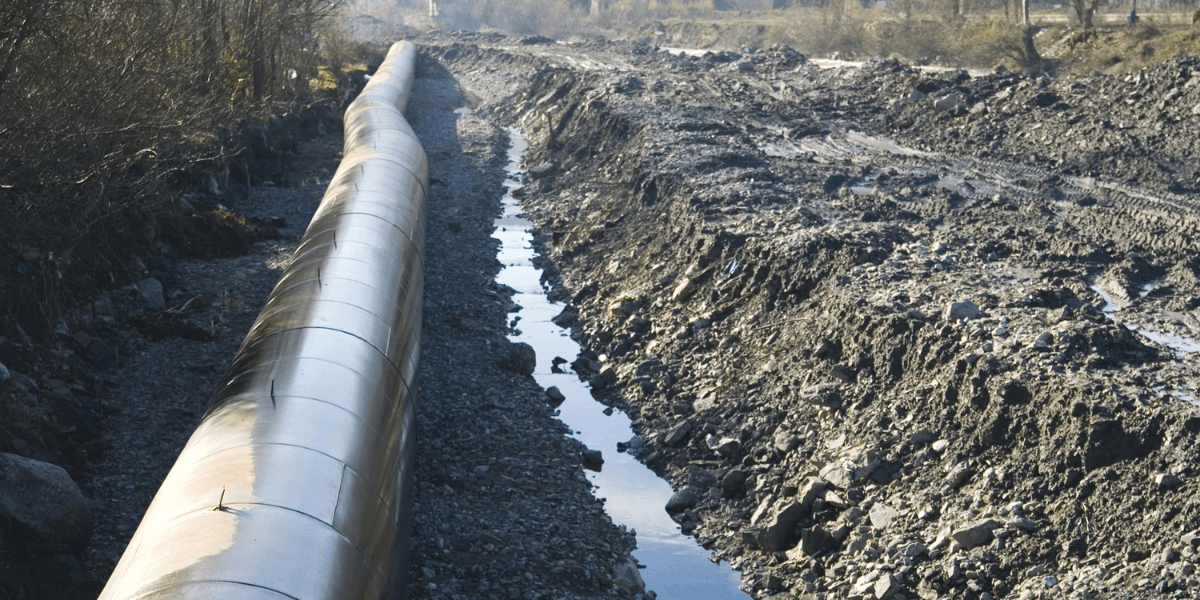Superior Rentals near me: where to locate the closest rental services
Wiki Article
A Comprehensive Guide to the Numerous Types of Oil Field Equipment and Pipeline Equipment Available
The oil and gas market depends greatly on specialized equipment for reliable removal and transportation. Various kinds of equipment, from piercing rigs to storage space tanks, play important duties in this intricate process. Each piece of devices offers distinctive functions that contribute to overall functional success. Comprehending these components is necessary for any individual associated with the market. As the market evolves, so too do the innovations that sustain it. What innovations are on the perspective?
Drilling Rigs: The Foundation of Oil Exploration
Drilling rigs act as the essential equipment in the domain of oil expedition, allowing firms to gain access to hydrocarbon gets hidden deep beneath the Earth's surface area. These rigs are available in numerous kinds, including land rigs, offshore rigs, and mobile devices, each made to operate in certain environments. Outfitted with advanced modern technology, drilling rigs can permeate geological developments with precision, ensuring effective source extraction. The architectural stability and functional capabilities of these rigs are important, as they must endure severe problems and significant stress. The option of a boring rig affects the total job expense and timeline, making it an essential consideration for oil companies seeking to maximize their exploration efforts and maximize performance in their procedures.Pumps: Vital for Fluid Activity
In the oil extraction procedure, the duty of pumps is substantial, promoting the activity of liquids throughout different stages of production. Pumps are important for carrying unrefined oil, water, and other fluids from underground storage tanks to the surface area and then with pipes to refineries. They can be found in numerous types, including centrifugal, positive variation, and completely submersible pumps, each serving specific objectives based upon the fluid qualities and operational requirements. Centrifugal pumps are typically used for their efficiency in high-flow applications, while favorable displacement pumps stand out in handling viscous fluids. The choice of pump influences total efficiency, operational safety and security, and upkeep expenses. Proper option and upkeep of pumps are essential for enhancing production and reducing downtime in oil area procedures.Shutoffs: Managing Circulation and Pressure

Valves play an essential role in handling the flow and stress of fluids within oil fields and pipes. Different kinds of valves serve distinct applications, each created to fulfill details functions fundamental for effective operation - Superior Oilfield Rentals oilfield. Recognizing the characteristics and uses of these valves is vital for enhancing system performance and security
Kinds of Valves
Vital components in oil field procedures, shutoffs play an essential role in controlling the flow and stress of liquids within pipelines and devices. Different kinds of valves are utilized to meet the diverse requirements of oil and gas production. Usual kinds consist of gateway shutoffs, which give a straight-line flow and marginal stress drop; world shutoffs, known for their strangling capacities; and sphere valves, identified for their fast on/off control. Additionally, check valves stop backflow, while butterfly valves supply a light-weight remedy for controling circulation. Each shutoff kind is designed with particular products and setups to withstand the extreme problems usually located in oil areas, guaranteeing integrity and performance in operations. Recognizing these kinds is important for effective system monitoring.Valve Applications and Functions
While numerous kinds of valves offer distinctive functions, their key applications focus on controlling flow and stress within oil and gas systems. Valves such as gate, globe, and ball shutoffs regulate fluid movement, making sure peak performance and safety and security. Gateway shutoffs are commonly made use of for on/off control, offering minimal flow resistance. World shutoffs, on the other hand, offer specific flow guideline, making them appropriate for strangling applications. Round valves are preferred for their quick operation and limited securing capacities. On top of that, pressure safety valve are vital for protecting against system overpressure, guarding devices honesty. Generally, the proper choice and application of shutoffs enhance functional efficiency, making sure the reputable transportation of oil and gas with pipes and processing centers.Compressors: Enhancing Gas Transport
Compressors play a vital duty in the reliable transportation of natural gas, ensuring that it moves smoothly with pipelines over fars away. These devices boost the pressure of gas, enabling it to get rid of friction and elevation changes within the pipeline system. Additionally, compressors promote the balancing of supply and demand, accommodating fluctuations in intake and production prices. Different sorts of compressors are employed in the market, consisting of centrifugal, reciprocating, and rotating screw compressors, each offering unique benefits based on the functional demands. Routine upkeep of these compressors is necessary to optimize performance and decrease downtime, ultimately adding to a trusted gas transportation network. Their essential function highlights the significance of compressors in the total oil and gas infrastructure.Storage Tanks: Safe and Effective Fluid Monitoring
Effective transportation of gas counts on various supporting systems, among which is the correct management of tank. These tanks play an essential role in securely consisting of liquids, ensuring that operational performance is kept while minimizing environmental risks. Created from durable materials, they are made to withstand high pressures and harsh elements. Effectively sized and strategically located, storage space tanks facilitate the smooth circulation of gas and other fluids, preventing bottlenecks in supply chains. Normal maintenance and tracking are crucial to detect leakages or architectural issues, promoting safety and security and compliance with regulatory criteria. Eventually, the reliable management of storage space tanks is critical for the general stability and integrity of the oil and gas industry's liquid handling systems.
Pipeline Systems: Framework for Transport
Pipeline systems serve as the backbone of the oil and gas market, helping with the effective transportation of hydrocarbons over vast ranges. These systems include various elements, consisting of pipes, valves, pumps, and compressors, all meticulously made to ensure seamless flow. The products made use of in pipeline building, typically steel or high-density polyethylene, are chosen for toughness and resistance to deterioration. Pipeline networks can extend throughout land and water, linking production sites to refineries and distribution. Furthermore, advanced technology makes it possible for real-time tracking of circulation prices and pressure levels, improving functional performance. The calculated positioning of these pipes reduces ecological effect while optimizing resource accessibility, therefore playing an essential function in conference power needs around the world.Security Equipment: Guaranteeing Worker and Environmental Management
The procedure of pipeline systems, while necessary for power transport, additionally offers substantial safety obstacles for employees and the atmosphere. Safety and security tools plays a substantial function in minimizing these dangers. Personal safety equipment (PPE) such as helmets, handwear covers, and non-slip footwear safeguards employees from physical threats. Furthermore, gas detection systems keep track of for leakages, making sure that hazardous substances do not posture a risk to employees or the bordering community. Emergency situation closure systems are vital for promptly halting operations throughout a crisis, avoiding prospective catastrophes. Spill containment products, including absorbents and barriers, are essential for minimizing environmental effect. Overall, buying all-inclusive security tools is important for maintaining functional integrity and protecting both employees and the setting in the oil and gas market.
Regularly Asked Concerns
How Do I Select the Right Oil Field Equipment for My Task?
Choosing the appropriate oil field tools involves examining task specifications, budget plan restrictions, and functional needs. Consider aspects such as equipment reliability, compatibility get more info with existing systems, and the vendor's reputation to ensure peak performance and safety and security.What Are the Upkeep Demands for Oil Field Equipment?
Upkeep demands for oil area equipment include normal assessments, lubrication, and timely repair work. Operators must likewise stick to manufacturer guidelines, display performance metrics, and guarantee compliance with security guidelines to boost durability and performance.
How Can I Make Certain Conformity With Environmental Regulations?
To assure conformity with ecological guidelines, business should carry out normal audits, execute best practices, buy training, preserve correct documents, and remain upgraded on regulation (Superior Rentals reviews). Partnership with environmental companies can likewise improve adherence to policiesWhat Is the Typical Lifespan of Pipeline Equipment?
The ordinary lifespan of pipeline devices typically ranges from 20 to half a century, depending upon aspects such as material high quality, ecological conditions, and maintenance techniques. Routine inspections can significantly influence long life and functional performance.Exactly how Do I Securely Transport Oil Field Equipment to Remote Locations?
Carrying oil area devices to remote places calls for cautious planning, consisting of route analysis, protecting permits, utilizing appropriate lorries, and making sure safety procedures are followed. Correct training and communication amongst teams are important for effective transport.Report this wiki page